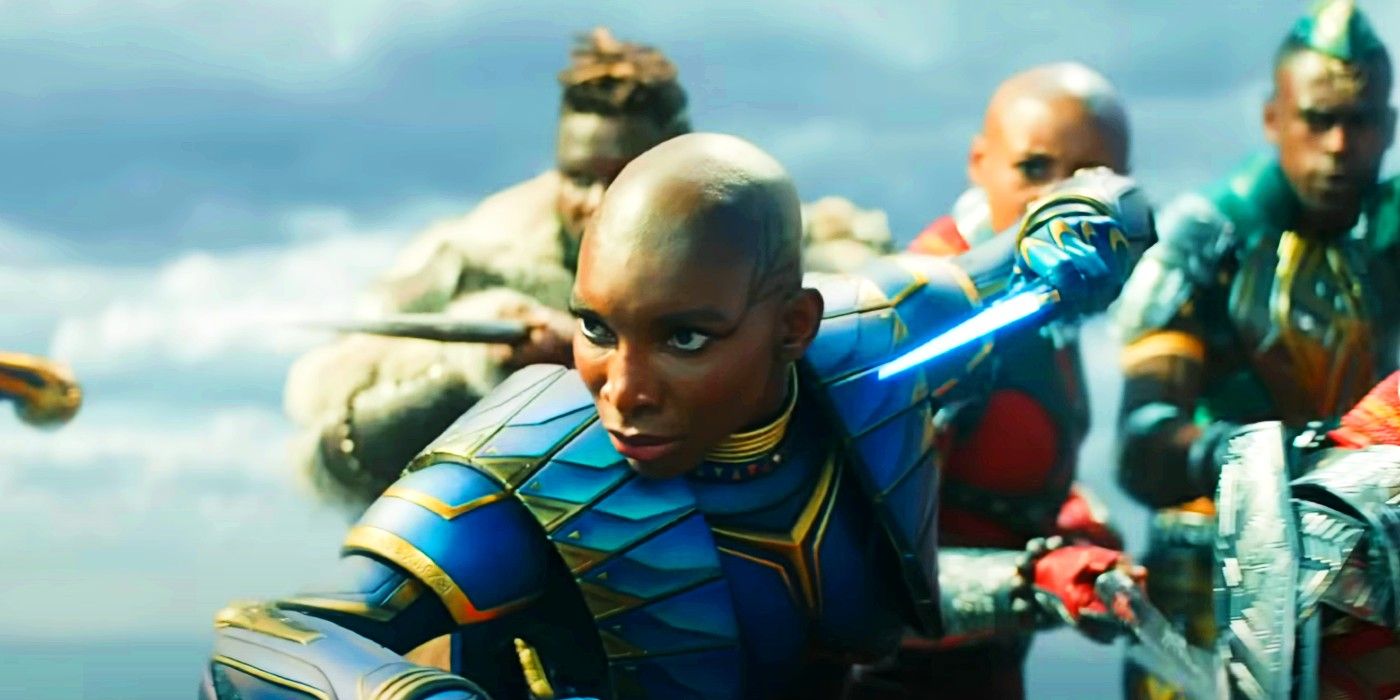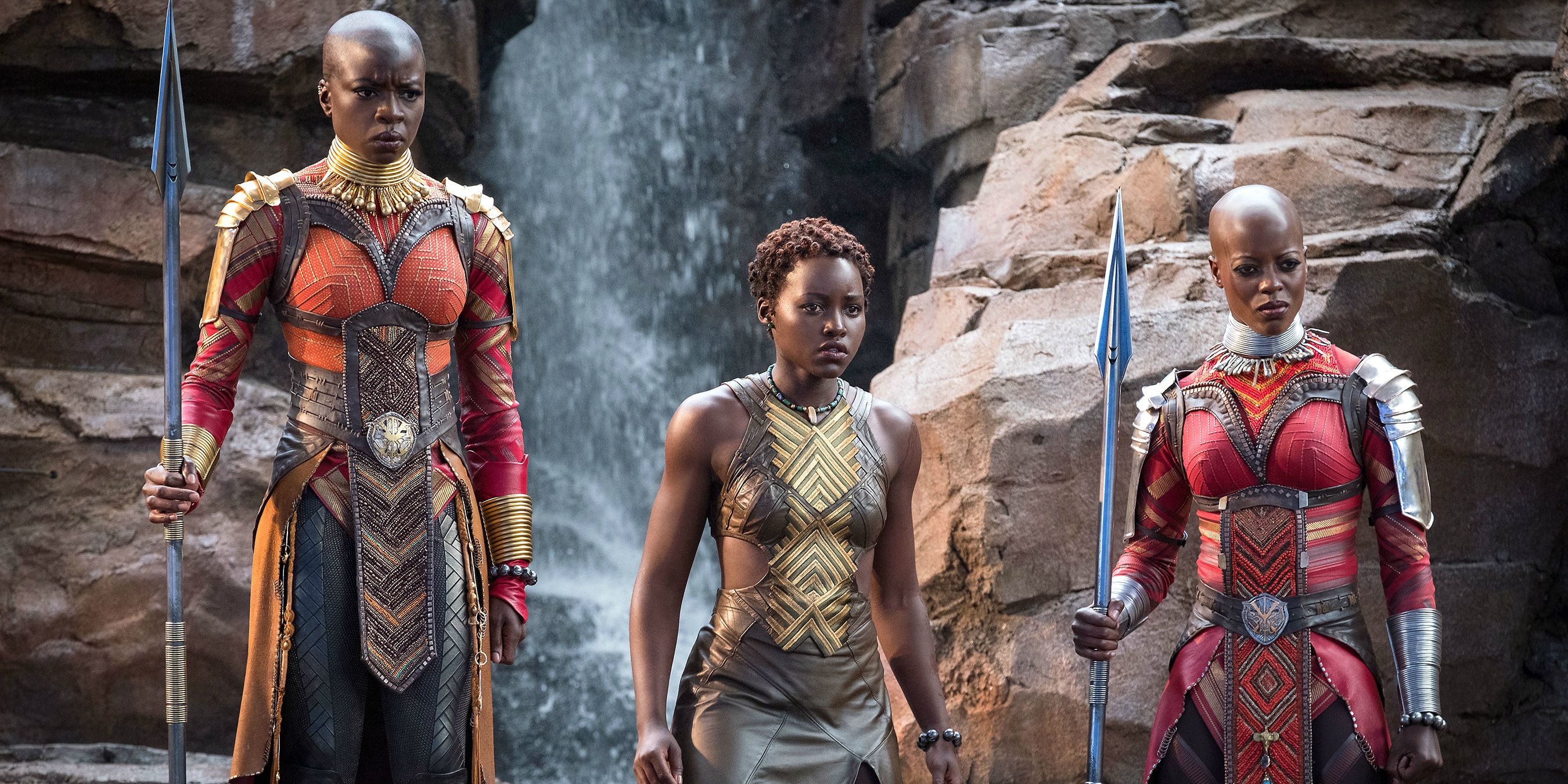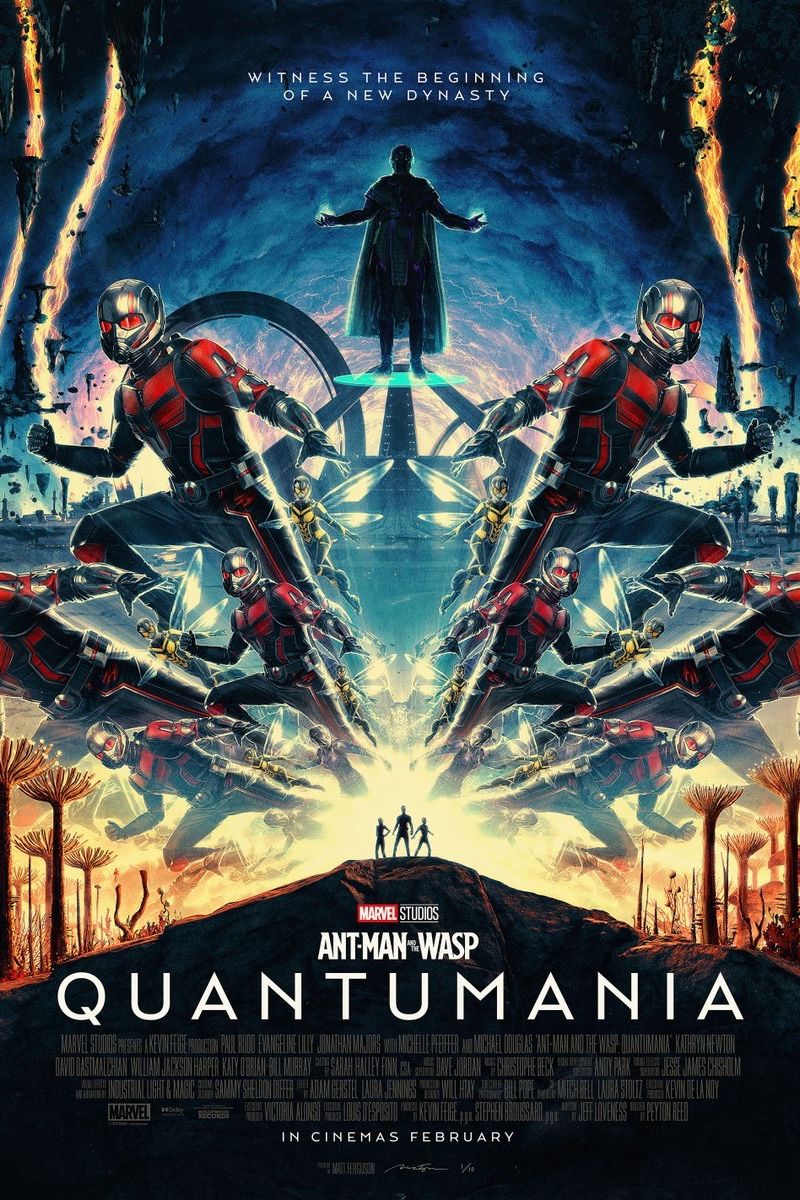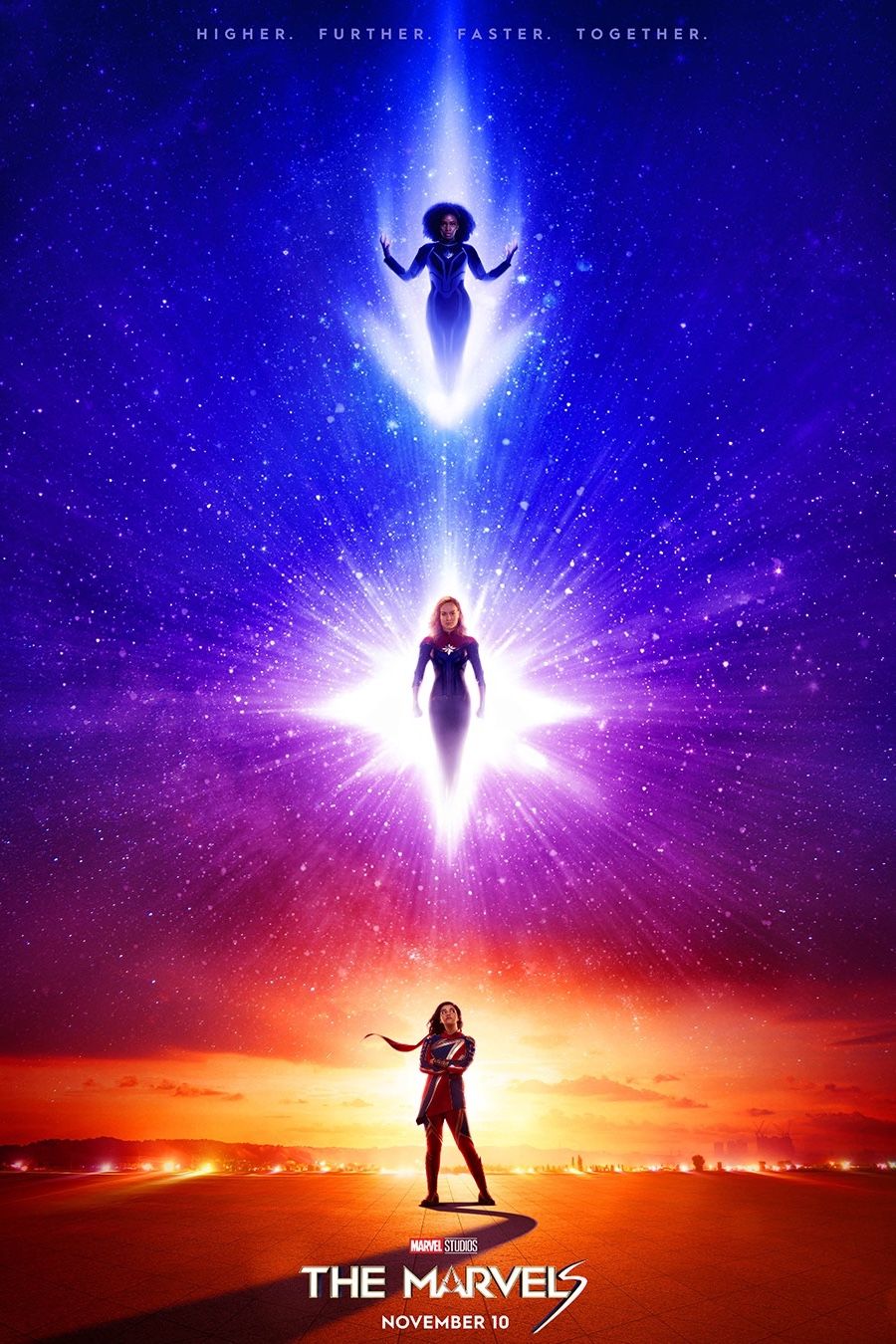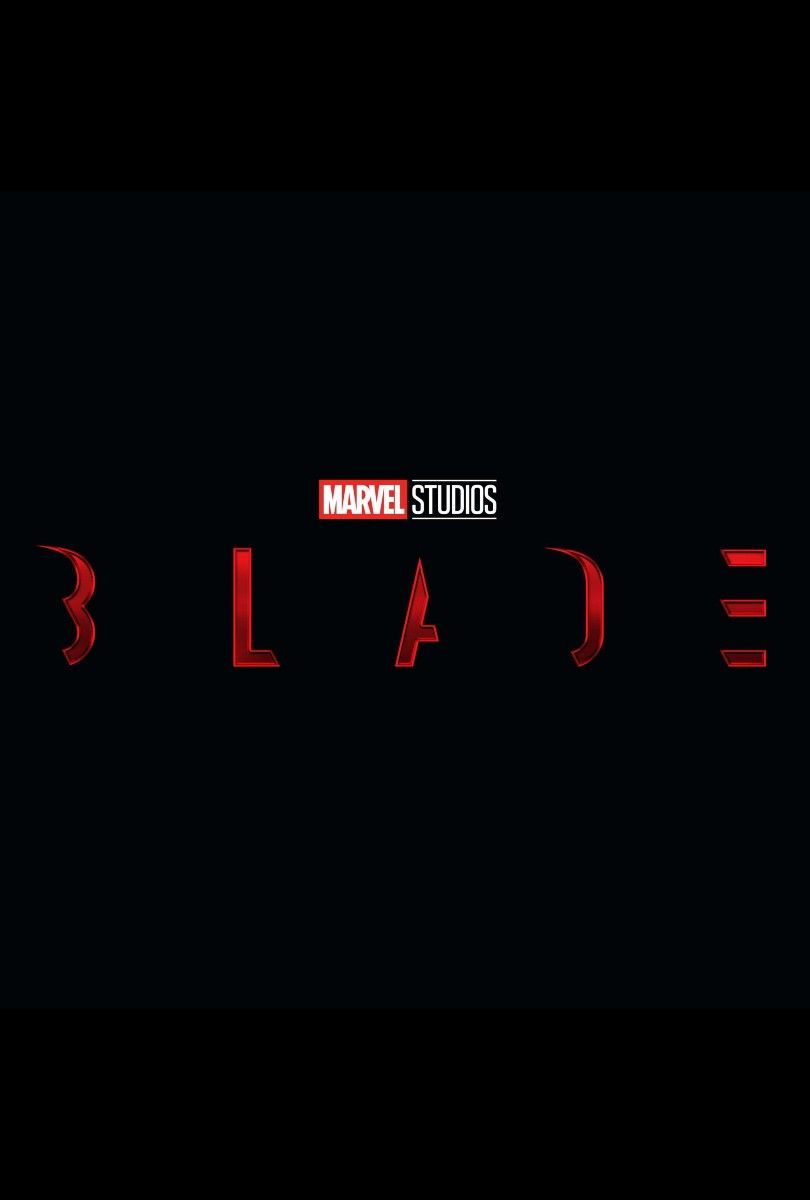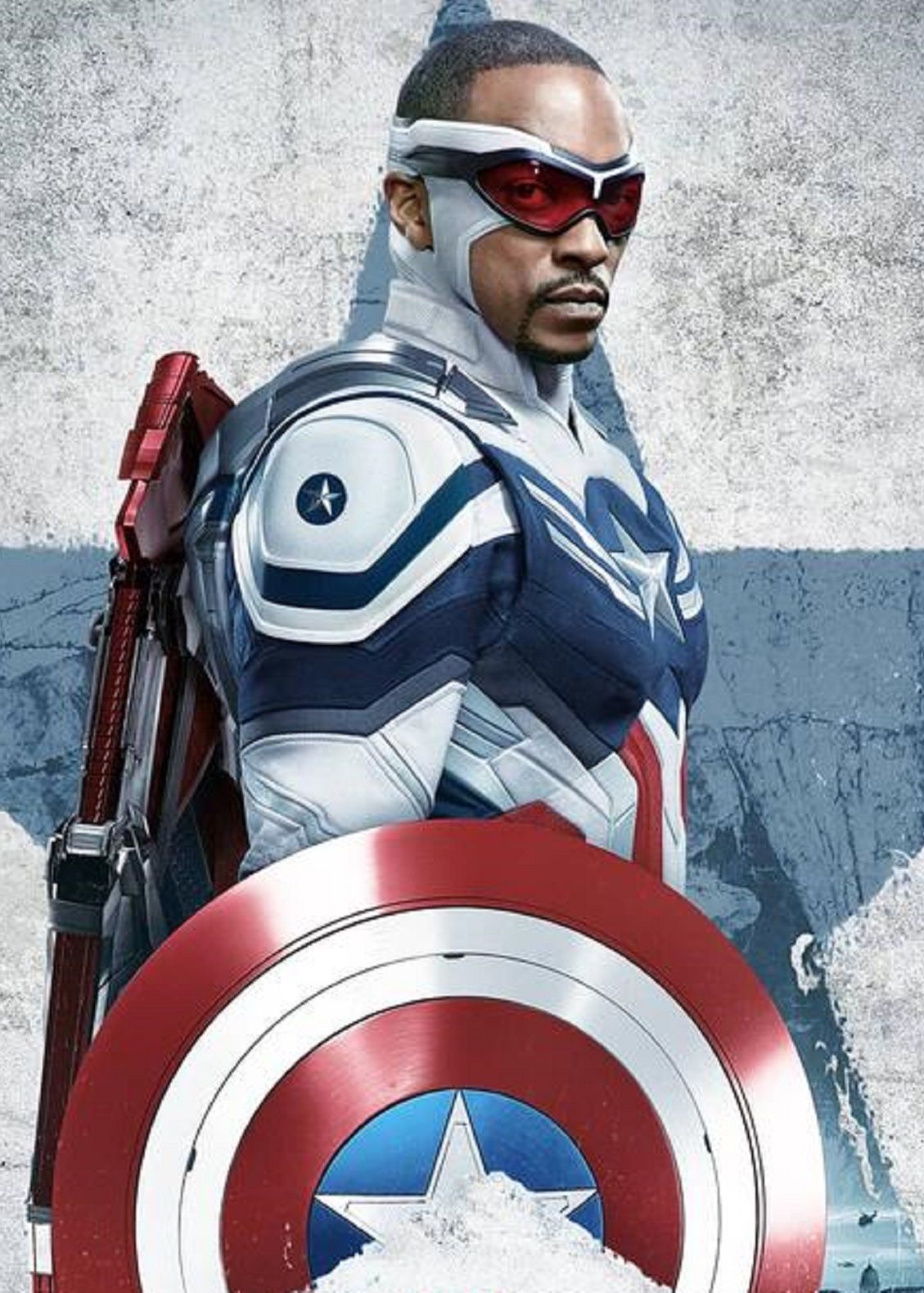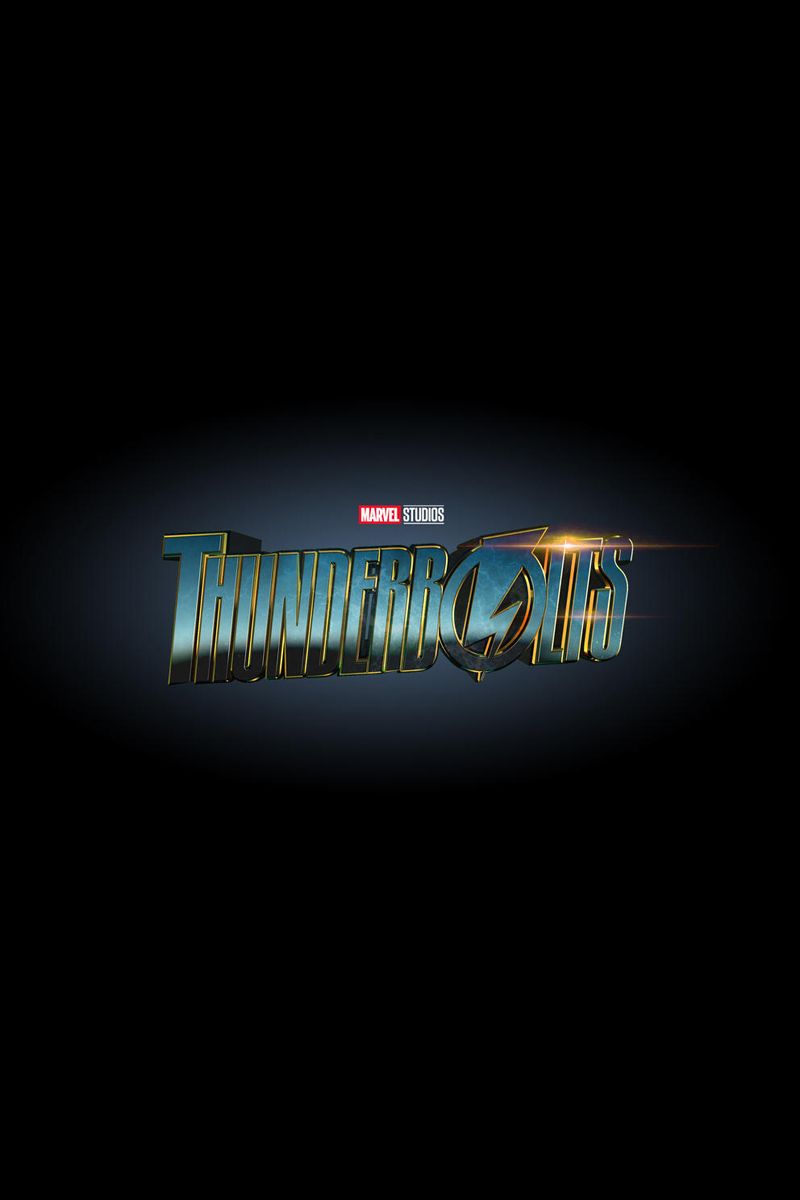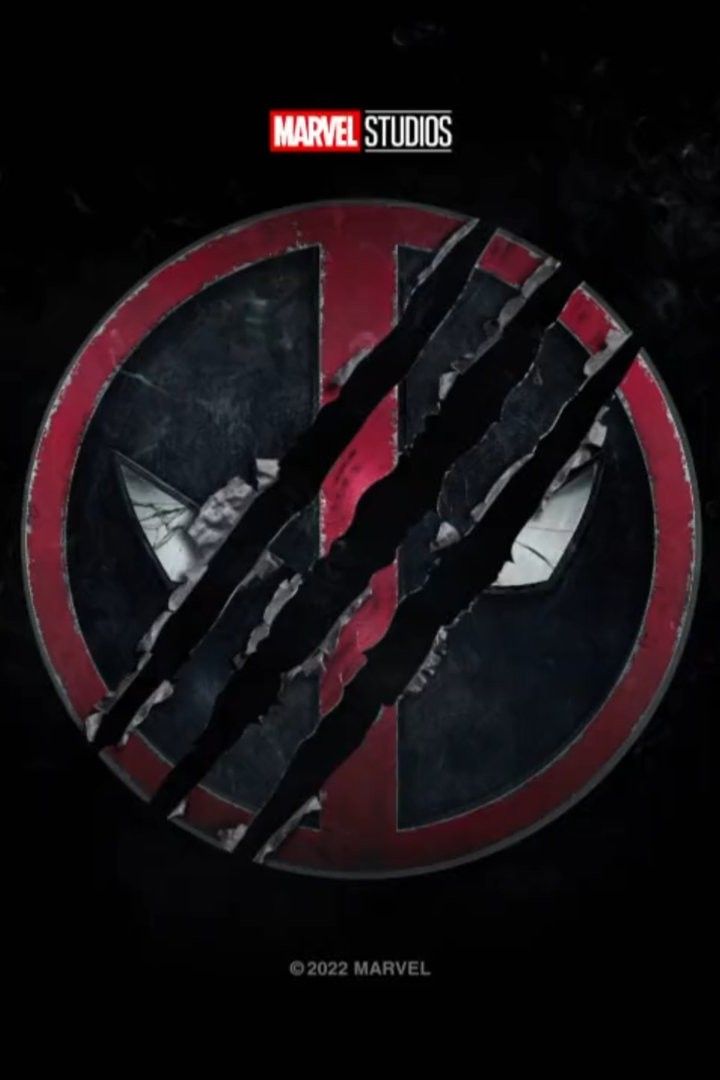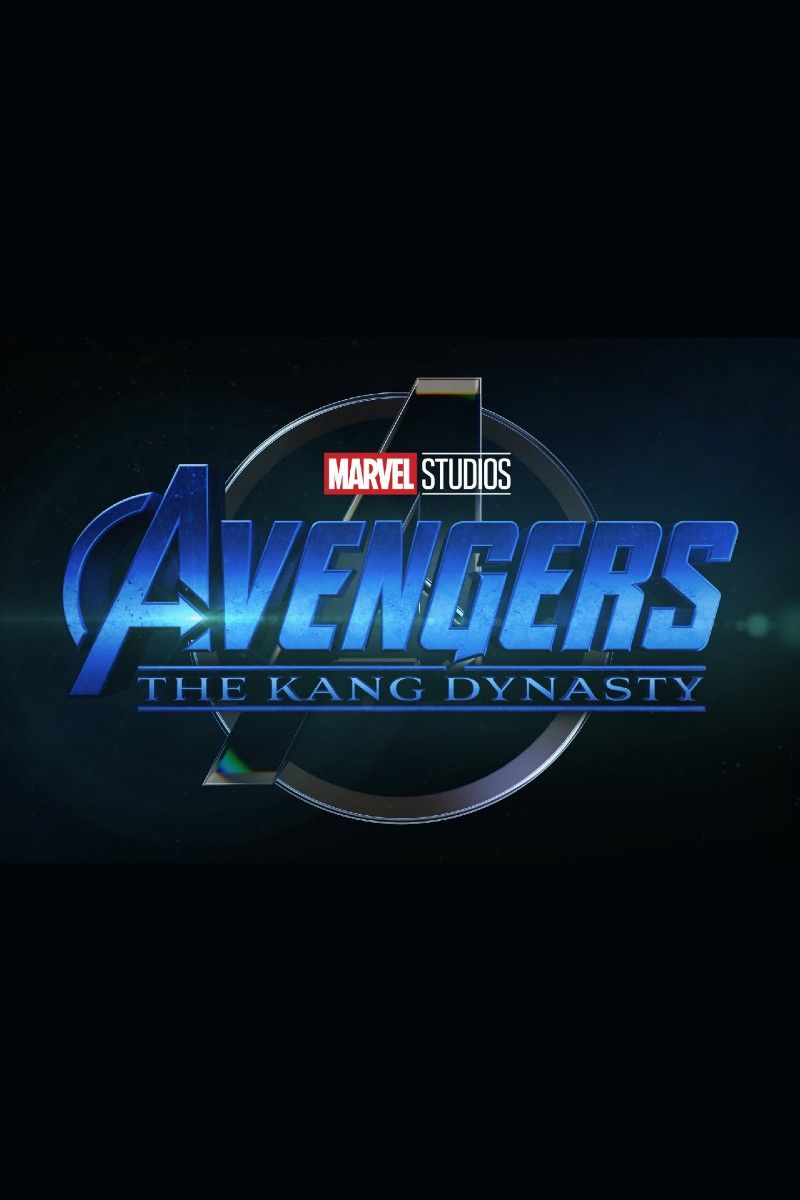Michaela Coel, who is set to make her MCU debut as Aneka of the Dora Milaje in Black Panther: Wakanda Forever, says it was her character’s queerness that sold her on the role. Set to be released next month, Wakanda Forever is the final film in the MCU’s Phase 4 slate and the sequel to 2018’s critically acclaimed Black Panther from director Ryan Coogler. Ideas for the second film had begun circulating shortly following the original film’s release. However, Marvel’s plans changed dramatically in the wake of Chadwick Boseman’s tragic passing in 2020. With Marvel choosing not to recast the character of T’Challa, Black Panther: Wakanda Forever will explore the leaders of the fictional African nation defending their country in the wake of their king’s death.
In the world of Wakanda, the Dora Milaje are an elite group of all-female warriors who serve as both special forces and royal bodyguards. In the 2017 comic miniseries Black Panther: World of Wakanda, Marvel introduced a queer romance between the Dora Milaje combat instructor Aneka and her colleague Ayo. While Aneka’s character is set to make her live-action debut in Black Panther: Wakanda Forever, Ayo has been played in the MCU by Ugandan actress Florence Kasumba since 2016’s Captain America: Civil War, where she famously threatened Scarlett Johansson’s Black Widow to “Move, or you will be moved.” British born Coel, who is of Ghanaian descent, was cast as Aneka in July last year.
Coel now opens up to Vogue about what attracted her to the Black Panther role, and what the implications of her character would mean for the people of Ghana. Like several other African nations, Ghana supports oppressive anti-gay legislation and is currently considering a bill that could make coming out as gay punishable by up to 5 years imprisonment. Coel suggests that’s “why it felt important for me to step in and do that role.” Check out her comments below:
That sold me on the role, the fact that my character’s queer. I thought: I like that, I want to show that to Ghana.
People say, ‘Oh, it’s fine, it’s just politics.’ But I don’t think it is just politics when it affects how people get to live their daily lives. That’s why it felt important for me to step in and do that role because I know just by my being Ghanaian, Ghanaians will come.
Wakanda Forever Can Make Up For Black Panther's Cut Scene
While the inclusion of Aneka in Wakanda Forever neatly sets up the introduction of her romance with Ayo, it is not the first time Marvel has toyed with introducing LGBTQ+ representation into the Black Panther franchise. Prior to the first film’s release, reports emerged describing a scene that hinted at a relationship between Ayo and Danai Gurira’s Okoye, though that scene would never make the final cut. While the decision to remove this subplot was never fully explained, now it appears that Marvel is set to go right back and honor the comic source material with Aneka instead. Coel's comments don't reveal whether Aneka and Ayo's relationship will be explicitly shown in Black Panther: Wakanda Forever, but it does sound like Aneka's sexuality might be outwardly confirmed.
Since Black Panther’s release in 2018, the MCU has gone on to make strides toward increasing its LGBTQ+ representation onscreen with the release of films like Eternals, Doctor Strange in the Multiverse of Madness and Thor: Love and Thunder. Now it seems as though Black Panther: Wakanda Forever can make up for the decision to abandon the use of queer themes in the original film. Given the cultural significance of the first movie, Black Panther: Wakanda Forever can serve as an important platform for furthering queer representation in both the MCU franchise and popular culture as a whole.
Source: Vogue

